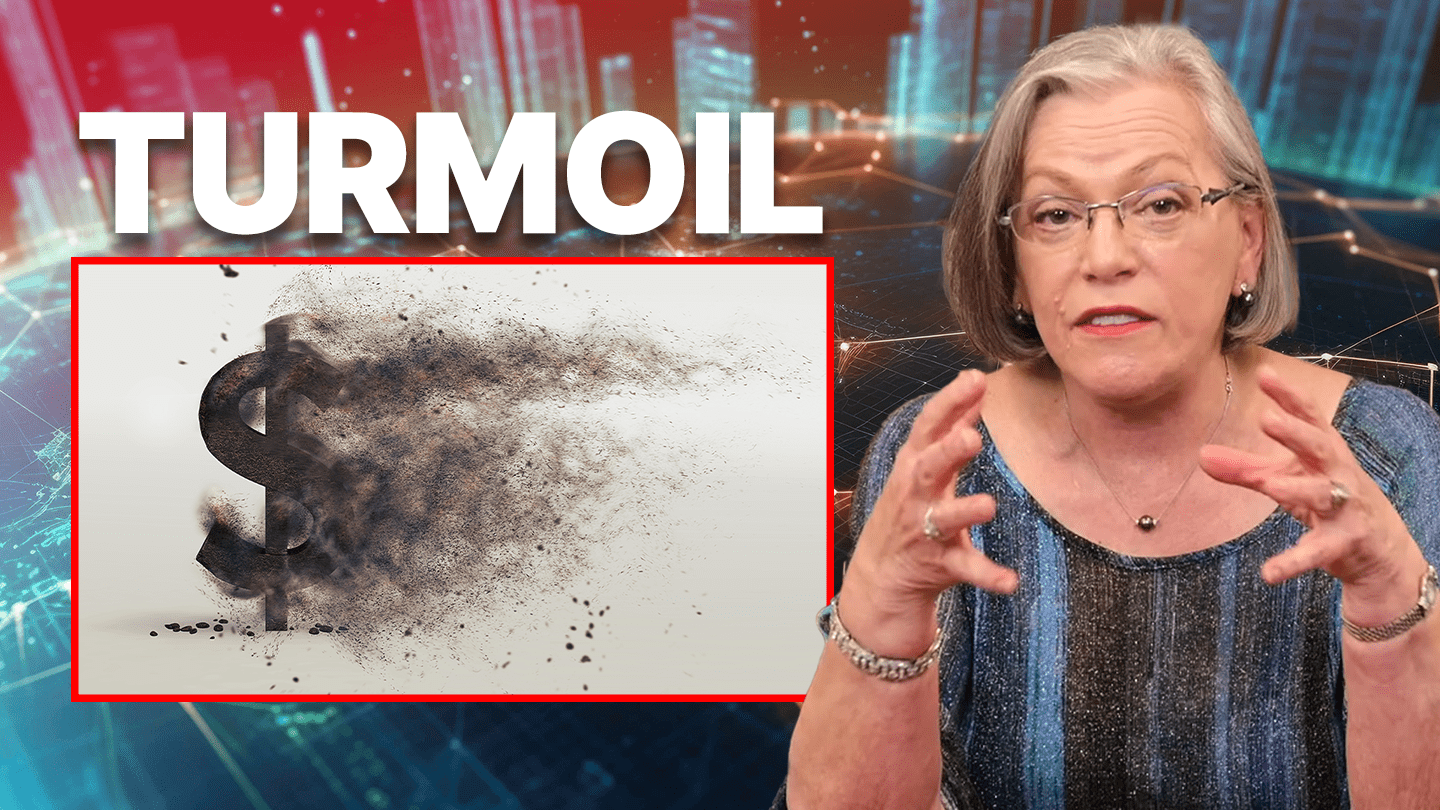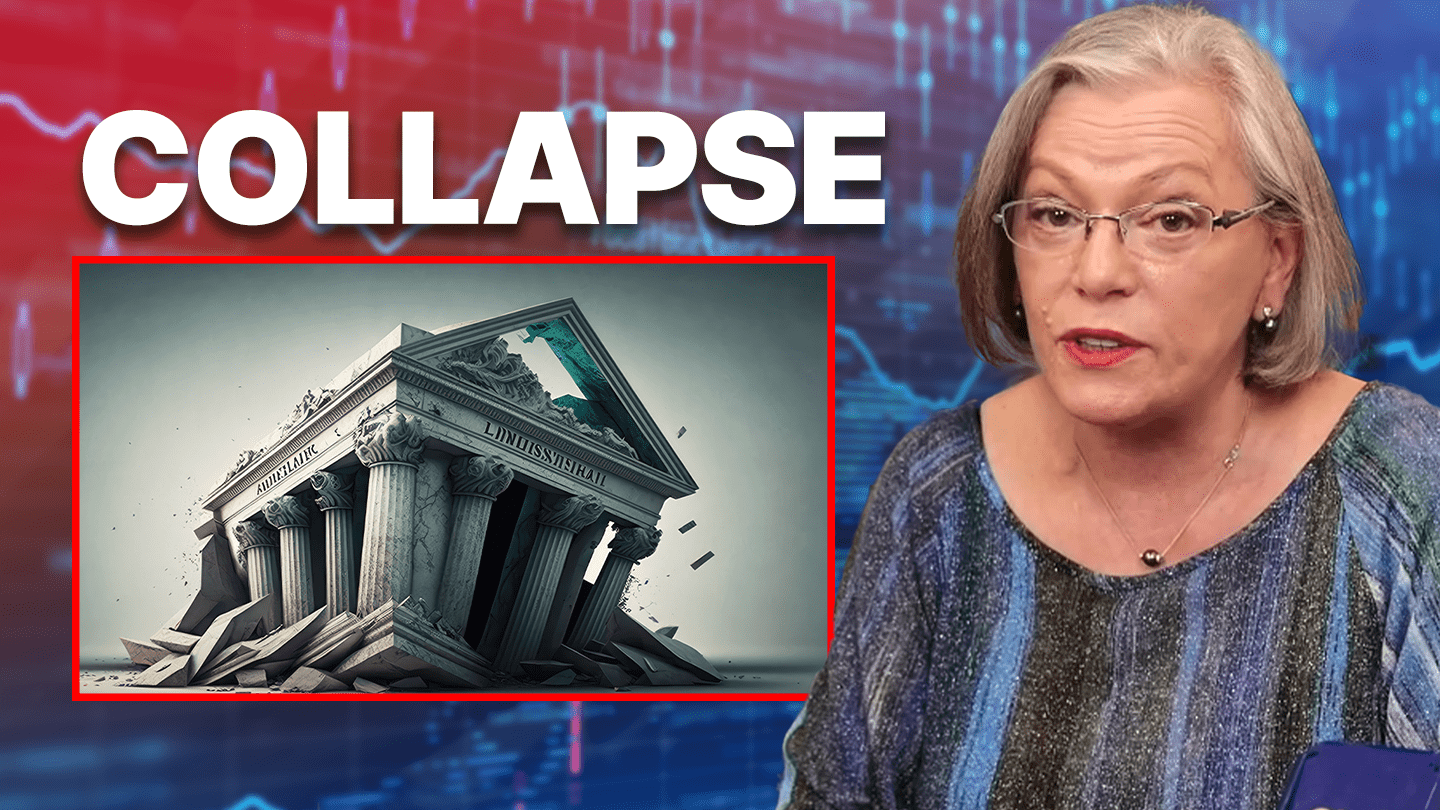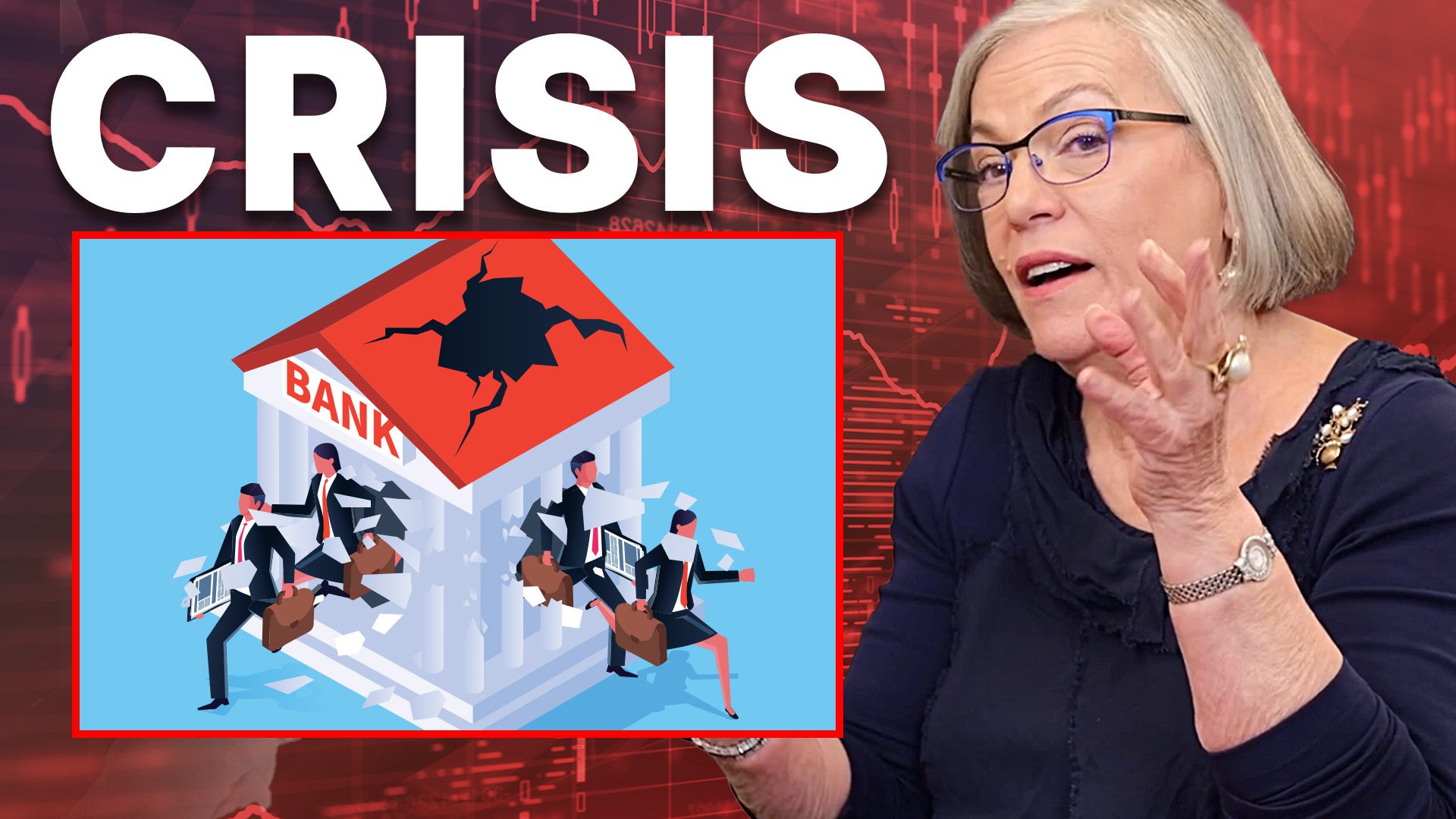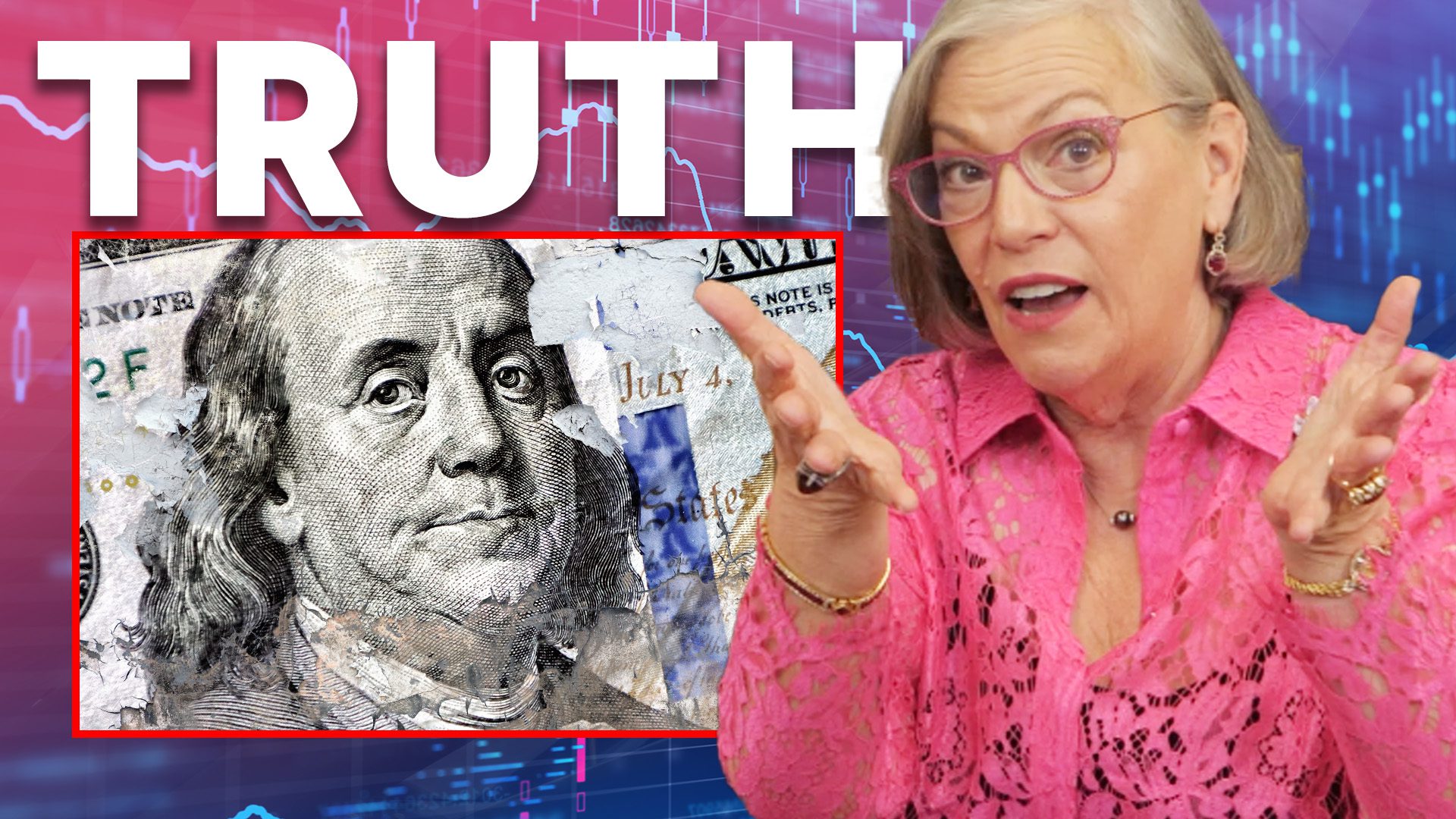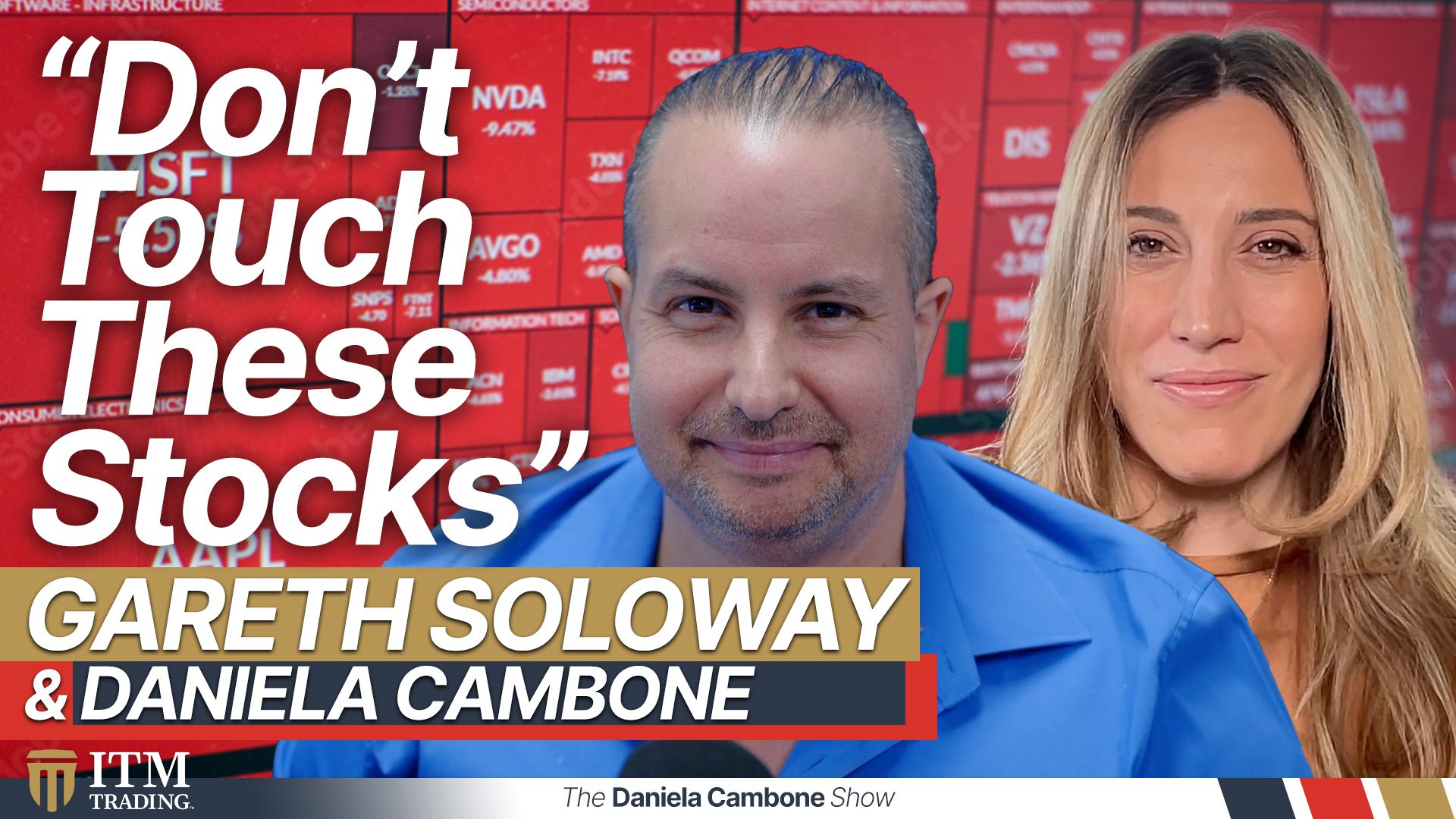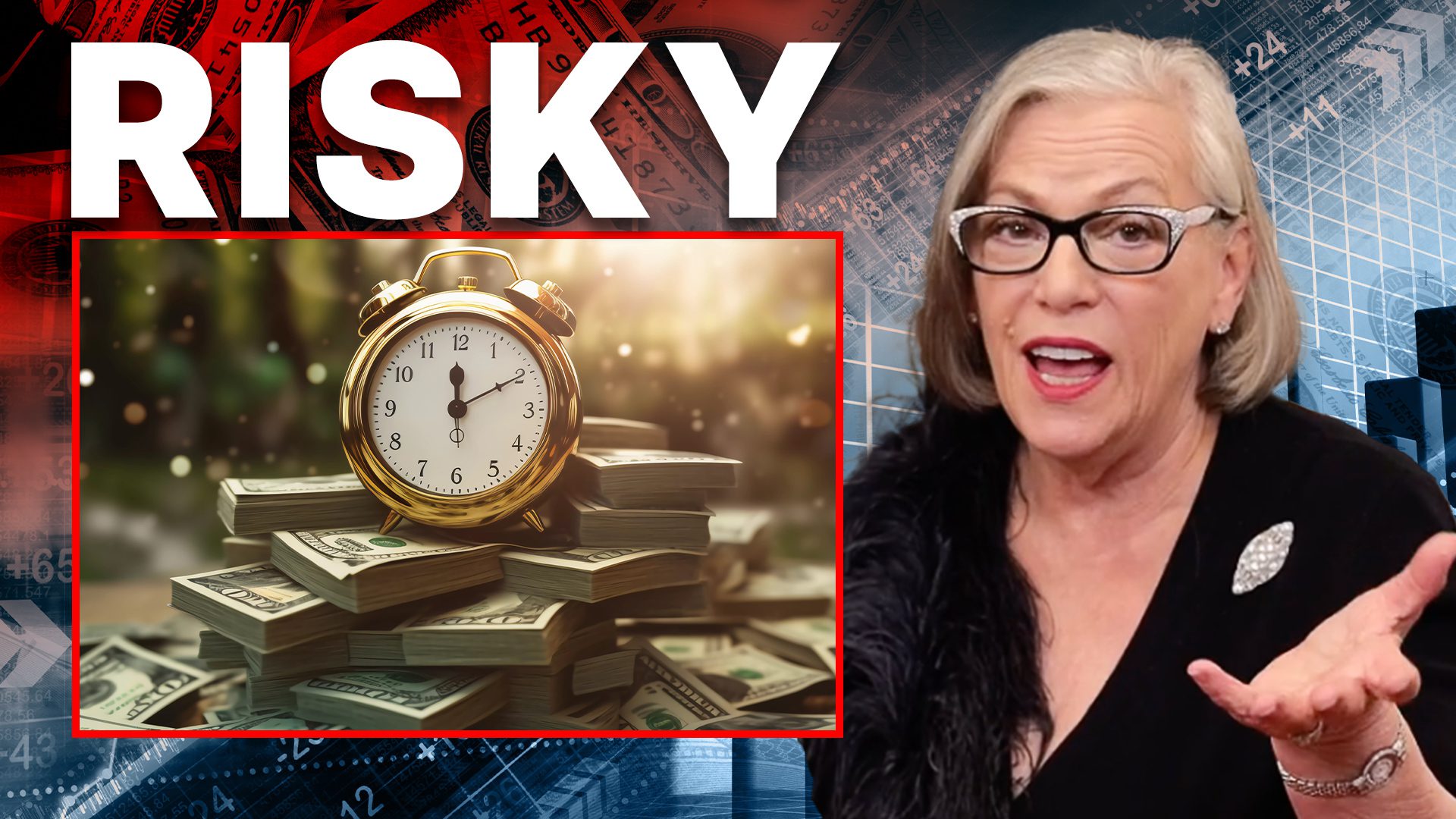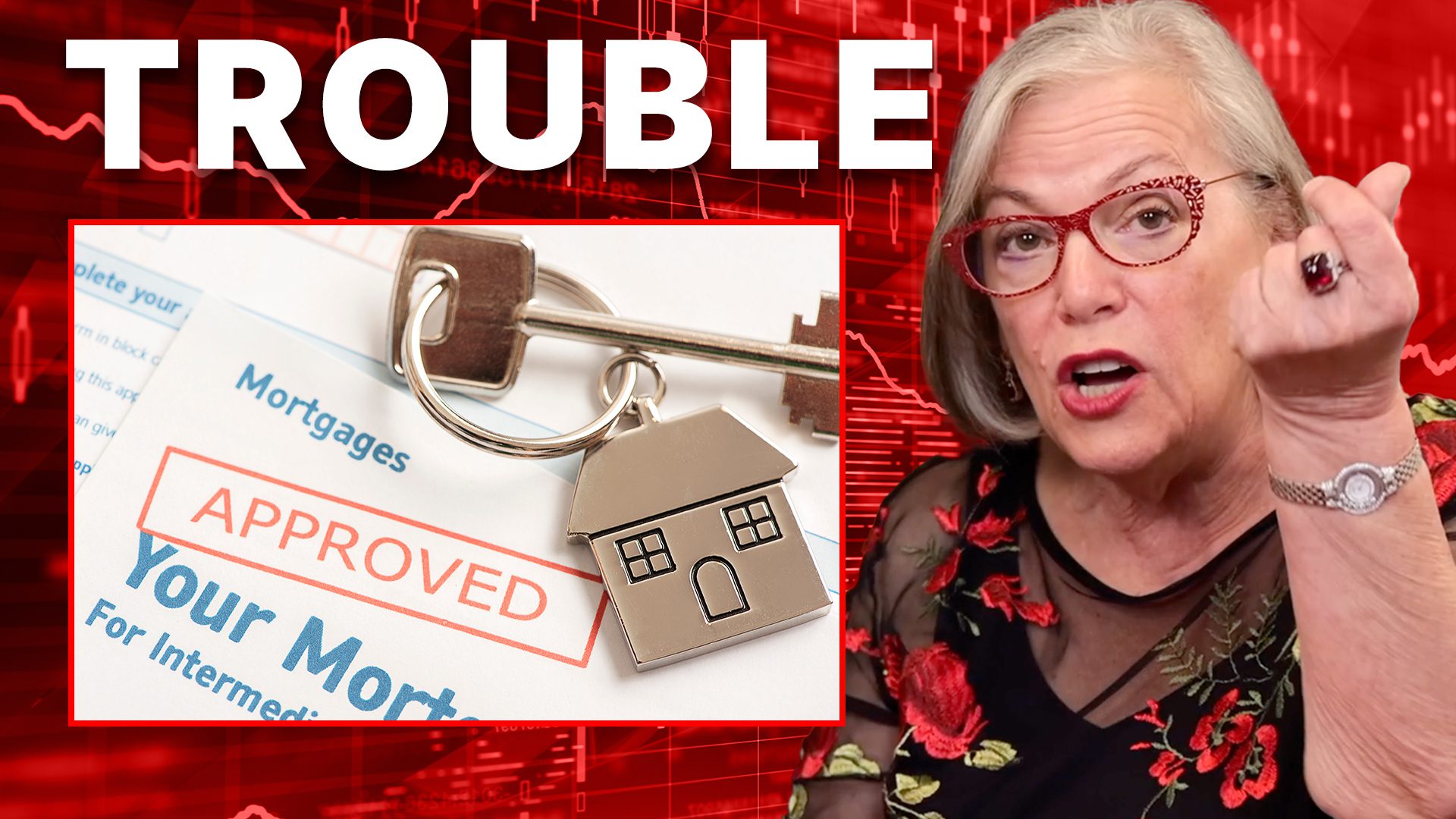Who Really Owns Your Money?
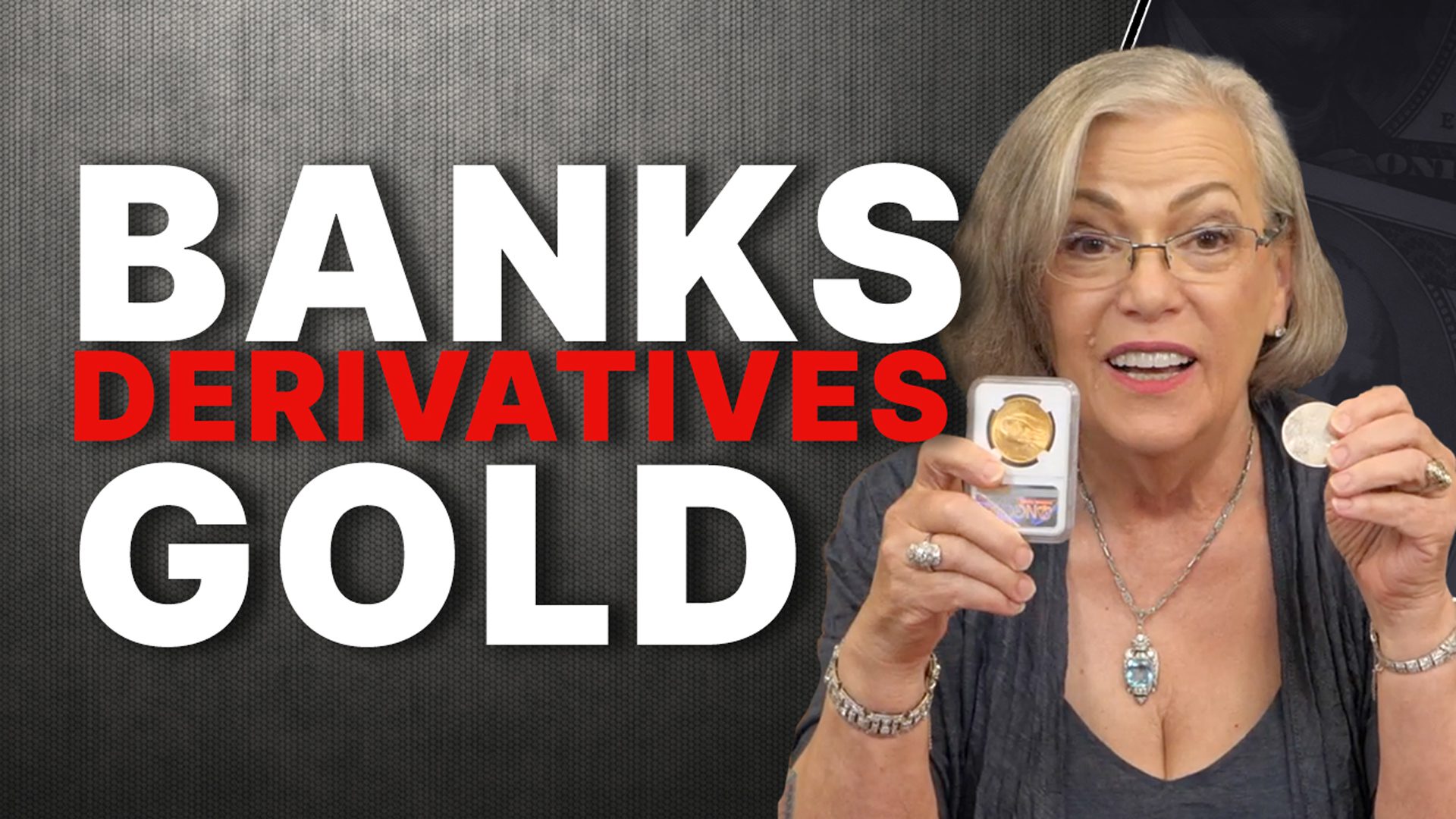
Discover why your deposited money isn’t truly yours and why the world has become a giant derivative market. Don’t miss this educational discussion on how derivatives and speculation impact banks and the global economy.
CHAPTERS:
0:00 Who Owns Your Money?
2:35 Sweep Accounts
3:41 Are Derivatives a Problem?
5:10 What is a Derivative?
6:34 Examples of Derivatives
8:59 Money vs Debt?
9:58 Type of Gold to Buy?
TRANSCRIPT FROM VIDEO:
Lynette Zang (00:00):
I’m Lynette Zang, Chief Market Analyst here at ITM Trading a full service physical, gold and silver dealer. And today we’re gonna talk about banks and how they really work and really what happens with your deposits.
Ryan (00:18):
So when you deposit money into your bank account, whose money is it really?
Lynette Zang (00:23):
It’s really the bank’s money you have actually loaned them legally that money, it’s not yours anymore. And I’m gonna say, when you’re talking about a derivative, what does it say? If you look on the top of any, any bill, it says Federal Reserve note. So that’s a derivative, like I said, of the gold as well. But yeah, make no mistake, if you don’t hold it, you don’t own it. Look at those contracts that we sign. You didn’t write them, you didn’t read them, but by using the account, you agreed to them just, just is happening right now with the Fed Now account and the connection between your bank account and your Fed Now account is so obscure and buried under all of these levels and layers that you don’t see, you can’t see them. But if you use that account, you’ve agreed to the terms. So there’s lots of examples. I mean the whole, the whole world has become one big derivative. They have turned and they, by they, I mean Wall Street traders have turned every single asset into a trading asset. Those are all derivatives real estate, right? I mean, it, it used to take a while to to sell your house, right? People didn’t move into it for a short period of time. They didn’t flip, they didn’t use their homes as piggy banks. So over the years, really starting in the early eighties, they started slowly converting every single asset into a derivative trading asset. And, and they’ve completed it since the great financial crisis. So since 2007-2008, central bank usage of derivatives have flippant exploded. And they’re throughout all of these financial instruments. And again, you buy it, you’ve agreed to the terms. Whether you realize it or not, doesn’t matter. In 1995, they wanted to give banks more, the ability to have more leverage. So they legalized sweep accounts where when you make that deposit, those funds are actually swept into subaccounts in the bank’s name. And they can use your collateral, your equity, those, those deposits for their collateral to go out and borrow. And when they borrow that money, they can do anything they want with it. They can mostly use ’em for derivatives because they’re making a lot more on trading revenues than they are in the other income. In fact income from loans and things like that. And in fact, a recent report showed that their expenses were greater than the income that they were generating from those loans. It’s a little scary place to be. So in order to make that up, they’re trading to generate income. And that should scare anybody. ’cause that’s gambling, that’s speculation.
Ryan (03:41):
How big of a problem is derivatives in this leverage and speculation for banks?
Lynette Zang (03:47):
Nobody knows the true size of the derivatives inside of the system, but derivatives are designed to, I mean, you, you cannot ever convert a derivative into the underlying asset or, or whatever. ’cause It could be on, whether, it could be on interest rates, it could be, you know, they can do derivatives against credit quality, foreign exchange, everything. You know, I mean, truthfully, this stuff, this is a derivative of this, right? So they’ve really, how big is that? Quadrillions? And even when they come out with a number like 610 trillion derivatives, all that is, is the agreed upon market price. Everybody meaning the FDIC, the IMF, the BIS, the Federal Reserve, everybody agrees and admits that nobody really knows the true value at risk. But without any doubt whatsoever, a derivative explosion would be so great that the central banks can’t paper over it or do anything else with it. And that, that’s, that’s how I think the system fully dies.
Ryan (05:10):
And what exactly is a derivative for people who don’t understand this complex subject?
Lynette Zang (05:15):
Well, you know, simply put again, I said, you know, derivative, well if you think of that word derivative, it’s derived from something. But once it’s created, it does not have to have any relationship to that asset. So an easy way to think of it is a big leveraged bet. It’s just a big bet. That’s what it is. But it’s an leverage is basically debt upon debt upon debt upon debt. So you have this, maybe you have this itty bitty bit of equity, but then that equity, the, the, the trading value from that equity is expanded and expanded and expanded kind of like a balloon, right? At what point will it pop? You know, honestly, I mean we did see a popping of it back in March with the regional banks, but we haven’t seen what’s going on in that extremely opaque area ’cause it’s, it’s controlled and determined by the same guys that can create those derivatives. So it’s the fox, the hen house and all the chickens inside.
Ryan (06:34):
What are a few examples of those derivatives in general?
Lynette Zang (06:39):
Well, I mean there’s lots spot, market spot. Gold market is a great example of a derivative because they can create as much gold that does not nor ever will exist. And in that way they can manipulate the visible Wall Street price and such. Any of those products like the gold ETFs that are created, I mean those are a trust. They don’t really have anything to do with the underlying gold, but they are just about mimicking the spot price of gold. Which we know in the physical world, in the physical gold world, we’re seeing current highs. But in the spot gold world, we haven’t seen that yet. So that’s one example. Another example would be in foreign exchange, right? So they start making betts against one currency, against another currency. And we hear all the time, oh, the dollar is stronger. Oh, the dollar is weaker. Well that’s just one currency against another currency, not against how much you can buy with it because whether you’re the euro, the yen or the dollar, the reality is is that by design all of them are losing purchasing power value and that’s what impacts you and me, right? That’s what we care about. So there are some on credit quality, there are to most of the derivatives written that we know of and remember this is really opaque, are in interest rates and what’s just been happening over the last year? The fastest increase in interest rates that nobody anticipated, even though the Fed is controlling that. But nobody anticipated that, which I think is really interesting. And that’s what blew up SVB and first was it First Republic or whatever those banks were back in March. But all of those issues are still on all of the bank’s books and we just don’t see it. So there could be tons of explosions that are happening that are just hidden from us because they don’t want us to know, ’cause they don’t want us to take our wealth out of the system.
Ryan (08:59):
What’s the difference between money and debt?
Lynette Zang (09:02):
<Laugh> Well, if you’re looking at this, absolutely nothing, if you’re looking at this and this, this is real money and it’s been real money for thousands and thousands of years and it is accepted globally and used in every single sector of the global economy. So this is money, this is debt and you know, they’re using your tax dollars plus lots more debt to print, to print more money to devalue the money that’s already out there making this and this a lot more valuable. But then they have to suppress the price ’cause this is out of their purview, out of their vision.
Ryan (09:58):
Are there types of gold you can buy that don’t follow the spot market?
Lynette Zang (10:03):
Well, yeah, I mean the, everybody knows personally I do not buy bullion. And we’re even seeing premiums in bullion too, because that’s still physical, but it runs more with the spot and also higher population collectible coins or the fractional foreign coins will also be a bit more reflective of spot. But yes, once you get into a better quality, lower population, and I don’t mean buy more gold or a different kind of, you know, level of gold in these, it’s what I mean by quality level is the level of blemish. And those really have nothing to do with the spot market at all. And those are the coins that are making, especially the ultra rarities. Those are totally making all time highs and who can afford ultra rarities but the 1%. There’s all different kinds of gold and it really depends on what you’re trying to accomplish and that’s what you should always do. I think one of the mistakes that people make is they’ll make a choice on something, but they didn’t put their goals first. But you have to put your goals first because I can guarantee you I have hung pictures with the back of my shoe and I’ve gotten the job done, but it works much better when I have a hammer. So there’s gold and then there’s gold. And the kind of gold that you should be acquiring needs to be based upon your personal goals first, your circumstances and then what you have to work with. And then we create this whole strategy based on that so that you know what to buy and how much of it to buy to accomplish your goals. It’s not rocket science. It’s actually pretty simple.
Ryan (11:56):
Thanks Lynette.
Lynette (11:58):
My pleasure. Thank you. And remember physical gold and silver financial shields, that’s what that they’re made of. And until next we meet, please be safe out there. Bye-Bye.
